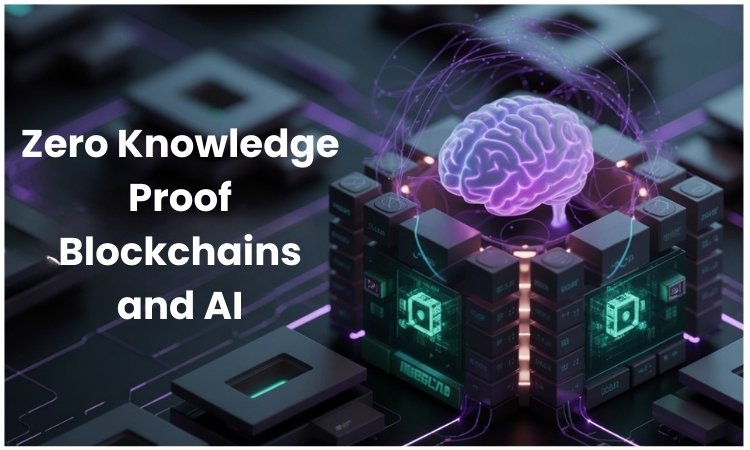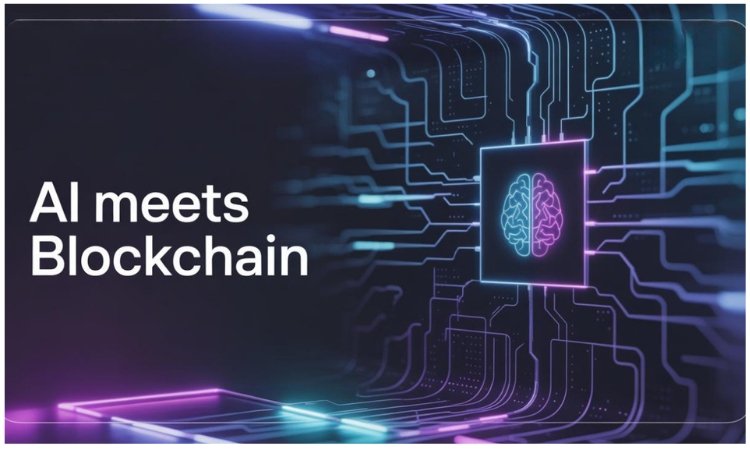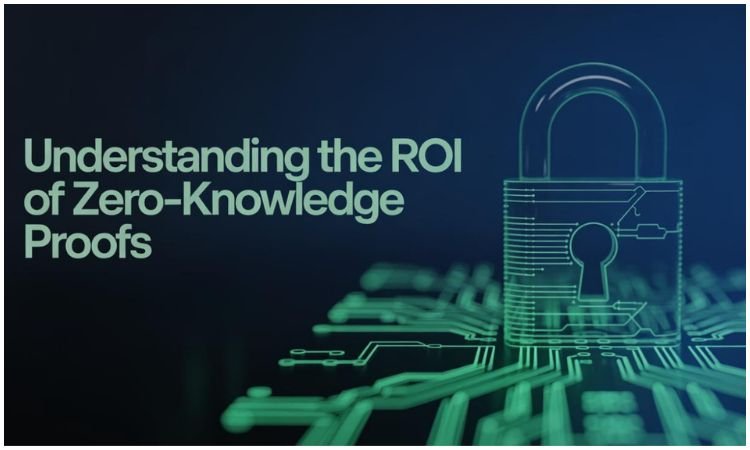How Zero Knowledge Proof Enhances Security in Blockchain Networks?
Zero knowledge proofs are a common way to achieve privacy in a public block chain system. It is a technique used by a party to prove to another that they have information. The best thing about it is, it does not reveal the actual information.
In this article, we are going to explore how ZKP’s privacy and security guarantee works. The challenges and future development tactics that come with zero knowledge proofs.
A Zero-Knowledge Proof (ZPK), is also known as Zero-Knowledge Protocol. It is nothing but a combination of mathematical and digital techniques. Zero knowledge proofs provide users with a safe internet experience with more focus on user privacy.
Zero knowledge proofs is an online security technology. Which ensures the verification of data without unveiling the data itself. Hence, assuring that your data is secure and safe from any kind of malpractice.
Zero knowledge proofs aim at maintaining the privacy of its users. It makes sure that no additional information gets exposed. This feature of ZKPs makes it a worthy tool in cryptographic protocols. Zero knowledge proofs or protocols are applied variedly. Ranging from protecting someone’s identity to conducting confidential financial transactions.
Zero knowledge proofs ensure secure data transactions without compromising privacy.
In a blockchain transaction. Zero-knowledge proofs (ZKPs) verify the transaction without unveiling any sensitive details. This makes a blockchain a more private and secure platform. Hence, enhancing its applicability in a variety of applications. Where privacy is as important as integrity and transparency.
Here are some benefits of combining zero knowledge proofs with blockchain:
While maintaining transparency. It allows ZKPs to verify transactions without exposing their confidential information.
Zero Knowledge Proof technology allows only selective disclosure of information. It is known for keeping the rest of the information confidential.
In comparison to the traditional methods. ZKPs provide a system for data processing, minimising computational overhead, and enhancing efficiency.
This enhanced verification method improves scalability. By allowing the larger transactions to process without overcrowding the blockchain network.
In short zero knowledge proofs have two important benefits:
ZKPs conceal computational inputs. Which enables its users to execute transactions with enhanced privacy. The main aim of ZKPs is to maintain the confidentiality of information.
Zero knowledge proofs enhance their scalability. By reducing the amount of data that needs to be stored and processed on the blockchain. By allowing verification without revealing the information, ZKPs minimise the computational requirements. Which makes it a more efficient and scalable network.
With the ongoing transformation and advancements in Zero Proofs protocols. We can assume that there will be further innovation and improvements in the near future.
Many individuals obtain credentials from various issue sources. These include government entities, educational institutes, and so on. That is obtained, just to reinforce their decentralised identity. The credentials hence obtained are stored in an identity wallet digitally.
The blockchain-powered decentralised identity provides an effective framework for implementing the concept of digitally verifiable credentials.
Decentralised identity, also known as self-sovereign identification is a new user-centric identity. It is created, owned, and controlled by individuals of their wish.
Every decentralised identity has cryptographic content connected to it. Which facilitates the authentication of users and data which are provided to or by them.
ZKP is considered as a knowledge based authentication provider. As identity-based zero knowledge proofs enhance authentication mechanisms. This is done by making users prove to the other (verifier) that he has some special information that confirms the ownership of the identity. The prover verifies the specific data without providing any kind of further information. This assures that you have control over your personal and sensitive information.
Zero knowledge proofs or protocols are used in supply chain management. This helps to verify the authenticity and reliability of products, or transactions. Without exposing the trade secret or any sensitive business information. Hence, maintaining the security and confidentiality of information.
For example, a business can prove that its products meet certain standards without actually revealing its manufacturing process.
ZKPs with blockchain systems ensure transparent as well as trusted supply chains.
It allows investors to track and verify the production place of goods. While also safeguarding the proprietary information.
Some products’ supply chain requires an extensive amount of auditing and traceability. In order to ensure the quality and safety of the products. At such times ZKPs are used to verify that the whole chain follows the pre-set quality standards. Without revealing any information about any individual’s operations.
As a result of which, the entire supply chain can be audited and verified. While also maintaining the privacy of participants in the chain.
ZKPs provide us with great advantages when it comes to privacy and security. However, there are also a few challenges when they are implemented in a blockchain system.
A few limitations of zero knowledge proofs are stated below:
Computational complexity is one of the primary problems that comes with ZKPs. The generation and verification process of zero knowledge proofs can be resource-intensive. Which ultimately takes more processing time and energy consumption.
Further increasing the cost of employing ZKP technology in implication.
Zero knowledge proof generation requires a lot of complex calculations. Which are done by powerful and specialised machines. Hence resulting in high-cost incursion. Ultimately this burden is transferred to its end users. This makes zero knowledge proof-based applications costly. Thus, limiting its use.
Furthermore, due to its heavy hardware need. It has become nearly impossible to run ZKPs on mobile phones.
Many of the zero knowledge proofs depend on some kind of trust assumptions. This includes needing a trusted setup phase. To generate the parameters, these trusted setups require users to hand secret inputs. However, one must discard their secret inputs to avoid any fraudulent proof generation.
Users must trust the participants of the trusted setup and not verify their actions on their own.
While ZKPs assure a bright, innovative future. But the availability of training as well as developer tools for ZKPs is quite limited at the moment. Developers without a past background in mathematics or cryptography encounter problems. While learning and developing applications using ZKPs.
ZKPs ability to privately transact data can increase regulatory concerns. Specifically in the jurisdiction of monetary transactions. Hence, the implementation of ZKPs in projects can lead to regulatory scrutiny and can pose legal challenges.
At such times advanced privacy consulting companies help create solutions and strategies for businesses to comply with data protection laws.
With continuous developments undertaken to enhance blockchain’s privacy and scalability. We can see that Zero knowledge proof projects offer a promising future. The ZK technology will focus more on developing user-friendly ZKP systems. Which will increase its adaptation by various industries worldwide.
Many Zero knowledge proofs like zk-STARKs and zk-SNARKs are expected to bring noteworthy improvements in transaction speed. They are also expected to increase scalability without compromising privacy.
Zero knowledge proofs are on the way to developing cross-chain privacy layers. These chains will allow users to privately transact across different blockchain networks. As a result, blockchain applications will have a wider scope. These developments in ZKPs have the ability to remould the handling of data across networks.
This makes ZKPs quite important for developing secure digital transactions.
In the future ZKPs are expected to play an important role in smooth data transactions across blockchain networks.
Zero knowledge proofs cut the costs while preserving user privacy. ZKPs blockchain technology focuses on verifiable data and decentralised identifiers. By ensuring security, privacy and scalability of blockchain applications, ZKPs form the foundation for the future blockchain innovation.
It becomes crucial to keep an eye on the ZKPs developing blockchain and privacy technologies.











